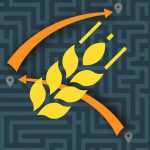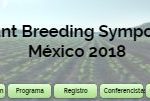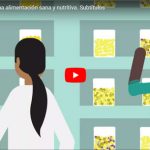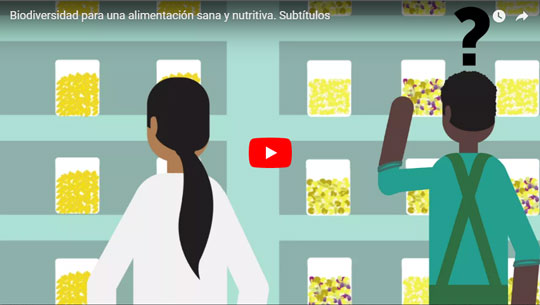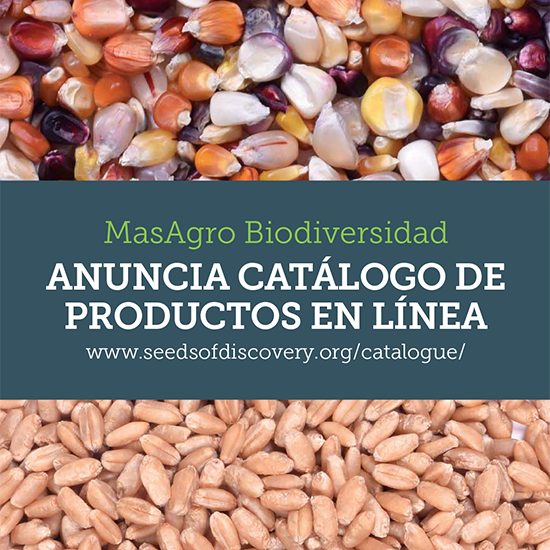-
Workshop-KDSmart
This workshop trains participants to electronically capture phenotypic data (e.g. in field, greenhouse or laboratory) using this Android platform tool installed on a tablet or smart phone. Experienced facilitators guide participants to use this application in real situations in the field. Participants learn about the advantages of using electronic data capture tools to reduce errors and time to register data, while increasing data precision and accuracy.Product details and features
- Interactive classes with experienced facilitators.
- Short duration (one day) to learn how to use KDSmart either in field, greenhouse or laboratory.
- Participants must bring their own smartphone or tablet with Android® version 4.0.3 or newer operating system.
- Smartphone or tablet should have 7″ screen.
- Participants will learn how to import and export phenotypic data into and from KDSmart to PC, SD and USB.
-
- At the end of the workshop participants will know how to load work files into their electronic device and demonstrate mastery of software usage..
- Describe problems and solutions when using the software
- Participants will learn how to configure KDSmart and define the traits to be captured.
- Practical exercises in the field
Comments
The workshop is available online (https://training.cimmyt.org/enrol/index.php?id=8057)
Primary Users
Researchers, breeders, technicians and students.
Availability
The workshop is available to the public interested more than once per year under MAB organization. It can be presented at different cities of Mexico or even at any event as conferences.
For more information
- please send us a message to Cimmyt-mab-seed@cgiar.org
News
NEWS
- Wheat phenotyping workshop
The International Maize and Wheat Improvement Center (CIMMYT) extends a cordial invitation to participate in the training workshop "Wheat phenotyping for the identification of germplasm with high yield potential and tolerance to drought and heat". This will be held in CIMMYT HQ, Texcoco, State of Mexico, on September 28th, 2018 (from 9:00 – 14:00 hrs) as part of the II Plant Breeding Symposium México 2018 (https://trasmejoragen.wixsite.com/inicio) The objective of this workshop is to train participants in the phenotypic characterization of wheat germplasm. Research themes include: climate change; priority characteristics for wheat for Mexico; phenotyping of genetically diverse materials and in the ...
- II Plant Breeding Symposium Mexico 2018
MasAgro Biodiversity announces the II Plant Breeding Symposium Mexico 2018 which will be held on September 6 and 7, 2018 at the CIMMYT HQ, Texcoco. Mexico. This event belongs to the series of DuPont Plant Sciences Symposia. For more information please visit the website:https://trasmejoragen.wixsite.com/inicio
- New video: Crop biodiversity for healthy, nutritious livelihoods
Erratic weather, poor soil health, and resource shortages keep millions of maize and wheat farmers in developing countries from growing enough to feed their households and communities or to harvest a surplus to sell.
- 3rd KDSmart app workshop
The International Maize and Wheat Improvement Center (CIMMYT) extends a cordial invitation to participate in the training workshop on the use of the KDSmart app. This will be held in Texcoco, State of Mexico, on December 20, 2017 (from 9:00 - 17:00 hrs).
